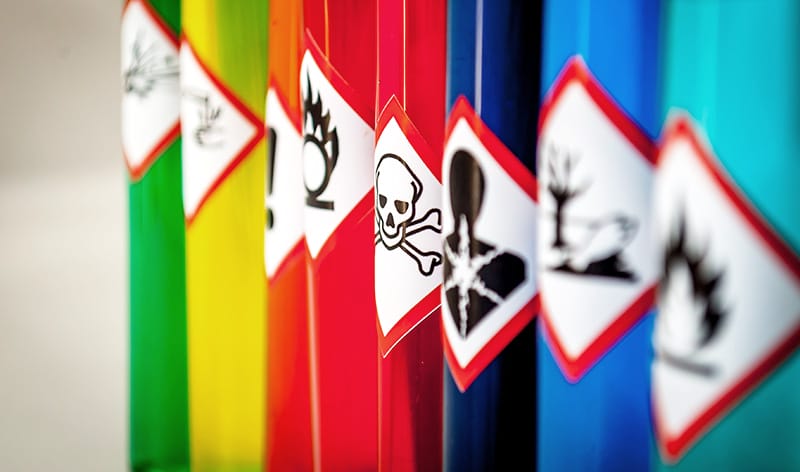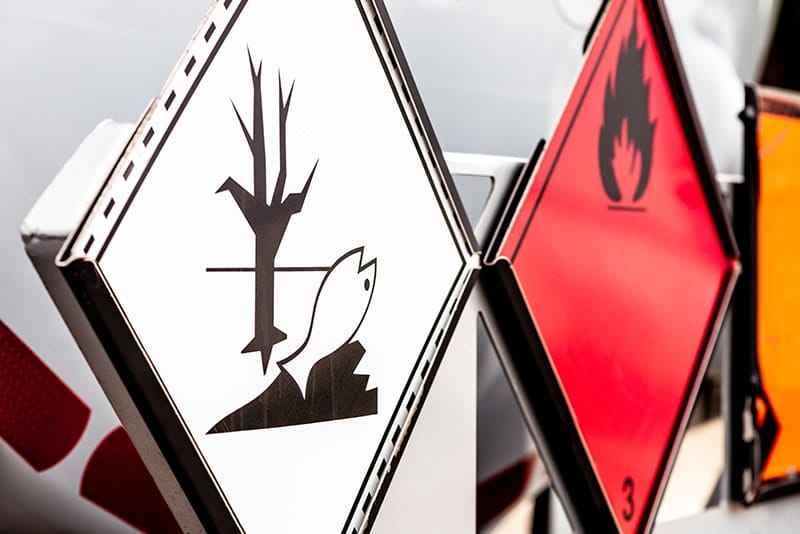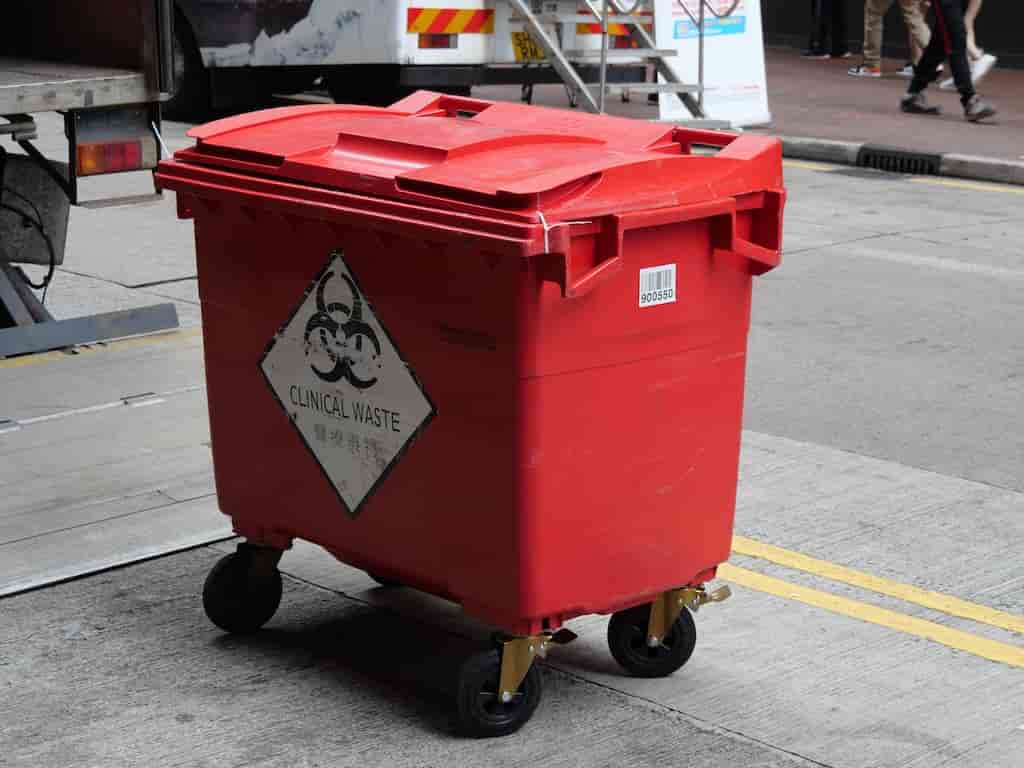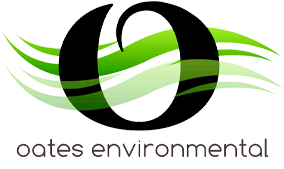Hazardous Waste assessment, collection, recycling, treatment, recovery and disposal
Oates Environmental Ltd. have been carefully, securely and compliantly dealing with industrial/commercial Hazardous waste and Non-Hazardous wastes for over 25 years.
Dangerous Substances
Hazardous waste can potentially contain dangerous substances and properties such as corrosives, flammables, oxidisers, toxics, carcinogenic or ecotoxic. Because of these they can pose a risk to health for humans and the environment therefore owing to these risks they must be handled in a secure and controlled manner. Safe and compliant waste disposal in Leeds and the North.
Help and Advice
We are always on hand to help and advice you on the most cost-effective and compliant solutions for dealing with your hard to handle Hazardous Waste disposal in Leeds and the North.
Hazardous Waste?
You have a legal responsibility as a Producer or Holder of Hazardous waste to ensure that if you produce, store, transport and or dispose of a controlled waste you do so without harming the environment. This is called your ‘Duty of Care’. It describes how to segregate and store your waste safely, who can deal with your waste, and the records you must keep.

What is Hazardous Waste?
Hazardous waste refers to waste materials that pose a significant risk to human health, the environment, or both due to their potentially harmful properties. These properties could include toxicity, flammability, corrosiveness, or reactivity. Hazardous waste demands careful handling, transportation, treatment, and disposal to prevent contamination and adverse impacts. Examples of hazardous waste encompass a wide range of substances, including:
- Chemicals: Solvents, pesticides, cleaning agents, and laboratory chemicals.
- Heavy Metals: Lead, mercury, cadmium, and chromium.
- Electronics: E-waste containing harmful components like lead, cadmium, and brominated flame retardants.
- Batteries: Lead-acid batteries, lithium-ion batteries, and nickel-cadmium batteries.
- Medical Waste: Used sharps, pharmaceutical waste, and infectious materials.
- Industrial Waste: Waste generated from manufacturing processes, often containing toxic compounds.
- Radioactive Waste: Materials emitting ionizing radiation, such as nuclear fuel and medical isotopes.
- Flammable Liquids: Paints, solvents, and fuels that can easily ignite.
- Corrosive Materials: Acids and alkaline substances that can erode surfaces.
- Asbestos: Hazardous due to its carcinogenic properties when inhaled.

Why is it Important to Dispose of This?
Proper disposal of hazardous waste is of paramount importance due to the potential risks it poses to human health, the environment, and overall ecological balance. Hazardous waste contains substances that can be toxic, flammable, corrosive, or reactive, making their careless disposal a significant threat. When hazardous waste is not managed correctly, it can contaminate soil, water bodies, and air, leading to long-term environmental degradation. Additionally, improper handling can expose individuals to health hazards, causing acute or chronic illnesses. By adhering to proper disposal practices, we prevent the release of harmful pollutants into the environment, safeguarding ecosystems, wildlife, and future generations. Responsible disposal also ensures compliance with regulatory standards, mitigates potential legal consequences, and contributes to a cleaner and safer environment for all.
What is Non-Hazardous Waste?
Non-hazardous waste refers to waste materials that do not pose immediate risks to human health or the environment. Unlike hazardous waste, non-hazardous waste can be disposed of in conventional landfills or undergo less rigorous treatment processes. Examples of non-hazardous waste cover a broad spectrum of everyday items and materials, including.

- Organic Waste: Food scraps, yard waste, and other biodegradable materials suitable for composting.
- Paper and Cardboard: Newspapers, magazines, cardboard boxes, and other paper-based products.
- Plastics: Common plastic packaging, containers, and household items.
- Glass: Bottles, jars, and other glass containers.
- Textiles: Clothing, linens, and fabrics that are no longer in use.
- Wood: Wooden furniture, construction debris, and other wooden items.
- Rubber: Tires, rubberized products, and other rubber materials.
- Metals: Scrap metal, aluminium cans, and other non-hazardous metal items.
- Inert Waste: Construction debris like bricks, concrete, and ceramics that do not readily decompose.
- Electronic Waste (Non-Hazardous): Non-toxic components of electronics, though some may require special handling for recycling.
Why is it Important to Dispose of This?
Proper disposal of non-hazardous waste is crucial for maintaining environmental sustainability and public health. While non-hazardous waste may not carry immediate toxic risks, its cumulative impact on the environment can be significant if not managed responsibly. When non-hazardous waste is improperly disposed of, it can contribute to air, water, and soil pollution, disrupt ecosystems, and strain limited landfill space. By disposing of non-hazardous waste through appropriate channels such as recycling, composting, and responsible landfill practices, we can reduce the overall volume of waste, conserve natural resources, and mitigate the environmental footprint of waste disposal. Furthermore, responsible waste management sets a precedent for environmentally conscious behaviour, encourages the adoption of sustainable practices, and contributes to the creation of a cleaner and healthier environment for present and future generations.
Why Choose Oates Environmental?
Choosing Oates Environmental is a decision that prioritizes expertise, innovation, and a deep commitment to sustainable solutions. With a proven track record in environmental services, Oates Environmental stands as a reliable partner dedicated to addressing waste management challenges responsibly. The company’s comprehensive range of services, from waste collection and recycling to treatment and disposal, reflects a holistic approach that tackles environmental issues head-on. Oates Environmental’s cutting-edge technologies and industry-best practices ensure that waste is managed efficiently, minimizing environmental impact and adhering to regulatory standards. Their team of skilled professionals possesses a thorough understanding of various waste streams, allowing them to tailor solutions that address specific needs while promoting resource conservation and pollution reduction. Choosing Oates Environmental means choosing a forward-looking approach that aligns with the values of ethical waste management, sustainable practices, and environmental stewardship.

- Expertise and Experience
- Compliance Assurance
- Environmentally Responsible Practices
- Reduced Environmental Footprint
- Secure Data Destruction
- Cost Efficiency
- Customized Solutions
- Reliable Customer Service
- Community Engagement
- Local Presence
- Certifications and Accreditations
- Peace of Mind